Autumn Statement 2022: Business Changes
Changes for businesses were also confirmed following Kwarteng’s September mini-budget:
Corporation tax rises to 25% from 1 April 2023. This increase will go ahead, despite previous plans to scrap it. The full 25% rate will apply to profits of £250,000 and over, while companies with profits up to £50,000 will continue to pay at 19%. Profits between these two figures will be subject to a tapered rate.
IR35 reforms to stay. Planned changes to IR35 will no longer be repealed, reportedly saving some £2bn in tax. The reforms, which were rolled out in 2017 for the public sector and 2021 for the private sector, saw changes to the way tax status is determined for off-payroll workers, including contractors.
Bankers’ bonus cap abolished. One of the mini-budget measures left untouched by Hunt was the decision to lift the cap on bankers’ bonuses, which currently stands at 100% of a banker’s annual salary, or 200% depending on shareholder approval. The Prudential Regulation Authority (PRA) is set to consult on plans later this year.
Alcohol duty freeze cancelled. The £600 million alcohol duty freeze that the Truss administration had planned on introducing on 1 February 2023 has been cancelled.
VAT-free shopping scheme cancelled. The shopping scheme, which was originally proposed to remove VAT for tourists on UK products, has been scrapped.
Employment allowance
The employment allowance will remain at its current level of £5,000, having increased to that amount in April 2022. This offers eligible employers relief on their class 1 NICs.
Business rates
The Chancellor confirmed that a business rates revaluation will still take place in April 2023, but also announced a set of changes, including:
Multipliers will be frozen in 2023/24 at 49.9p and 51.2p (instead of rising to 52.9p and 54.2p).
Relief for retail, hospitality and leisure will increase from 50% to 75%, equating to £110,000 per business in 2023/24.
A transitional relief scheme will be put in place, placing ‘upward caps’ on bill increases caused by changes in rateable values at the 2023 revaluation. The caps will apply at different rates depending on business size.
A new supporting small business scheme (SSBS) will take effect from 1 April 2023, capping bill increases at £600 per year for small businesses that are losing eligibility or seeing reductions in small business rate relief or rural rate relief.
Improvement relief, which was announced at Autumn Budget 2021, will now be introduced from April 2024 until 2028.
Windfall tax
In response to recent increases to energy prices, Hunt announced that the current energy profits levy will be extended until March 2028, as well as increasing its rate from 25% to 35% from 1 January 2023. A new, temporary levy will also be introduced for electricity generators. This will apply at 45% on excess returns, also from 1 January 2023 to 31 March 2028.
Annual investment allowance
One thing not mentioned directly in the Chancellor's speech, but included in the accompanying documents, is the decision to permanently set the annual investment allowance (AIA) at £1m for businesses. In September, Kwarteng announced that the AIA would remain at £1m rather than being decreased to £200,000 a year after 31 March 2023. Now, Hunt has reinforced this change and will continue to keep the allowance at £1m from April next year.
R&D relief
Changes to the rates of the two research & development (R&D) relief schemes were announced. The additional deduction for SME R&D relief will decrease from 130% to 86%, and the SME credit rate will decrease from 14.5% to 10%. Meanwhile, the research and development expenditure credit (RDEC) rate will increase from 13% to 20%. Hunt positioned the change as a “rebalancing” of the two reliefs, in response to reports of fraudulent claims. Broadly speaking, it means larger companies have more opportunity to benefit from the relief than smaller companies.
National living wage increase
From 1 April 2023, the national living wage will increase by 9.7%, to £10.42 an hour. This rate applies to people aged 23 and over and is said to equal an extra £150 per month.
Online sales tax
Following consultation, the Government has decided not to introduce a proposed online sales tax. This tax would have aimed to rebalance the way online retail is taxed compared to in-store, but the Government said there were concerns it would be too complex and distort behaviour.
VAT threshold
The VAT registration and deregistration thresholds will remain at their current levels of £85,000 and £83,000 respectively until 1 April 2026. These had previously been fixed at their current levels until 1 April 2024, but the statement confirmed they won’t change for a further two years.
To download a PDF copy of this article click here.
